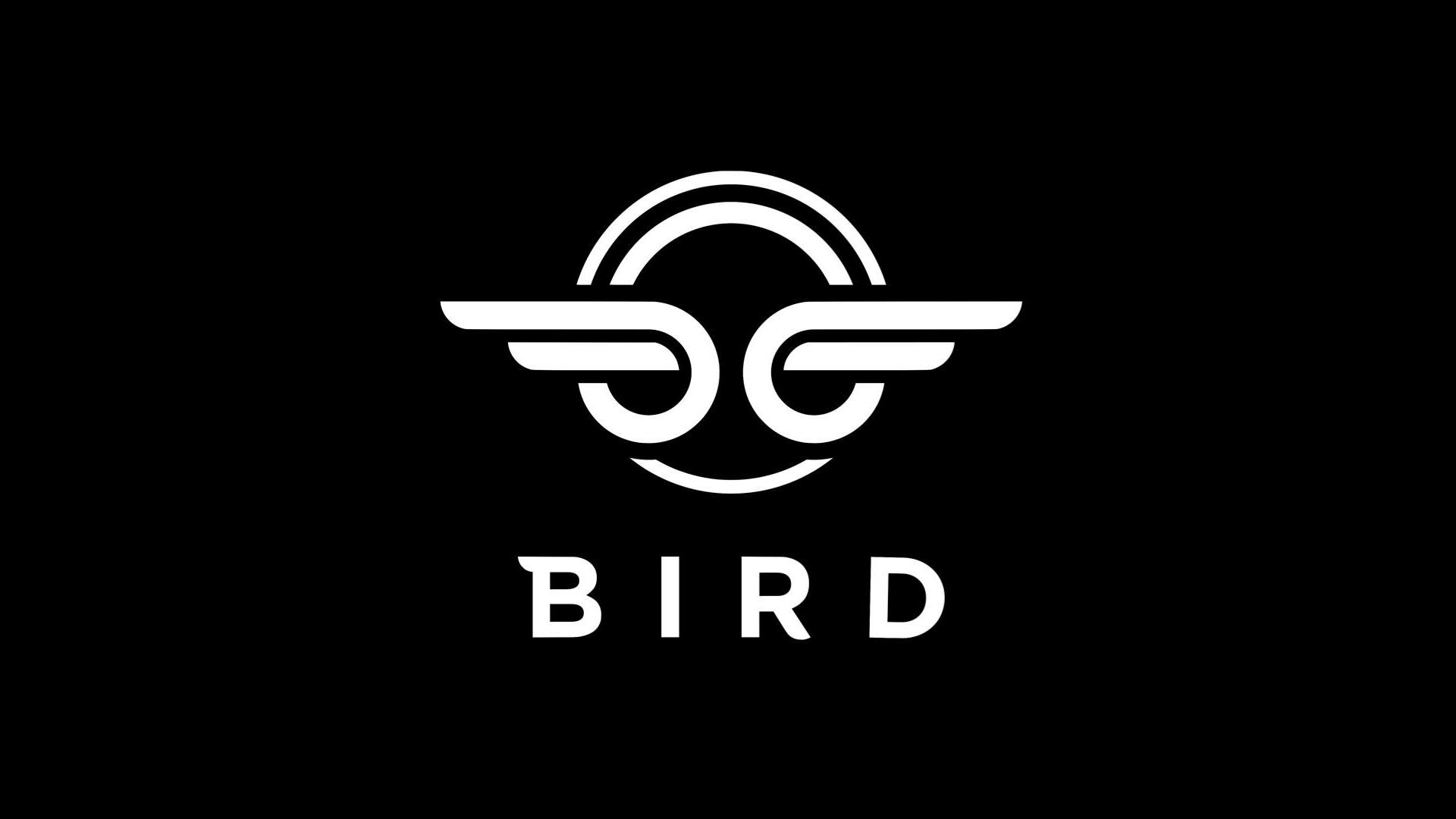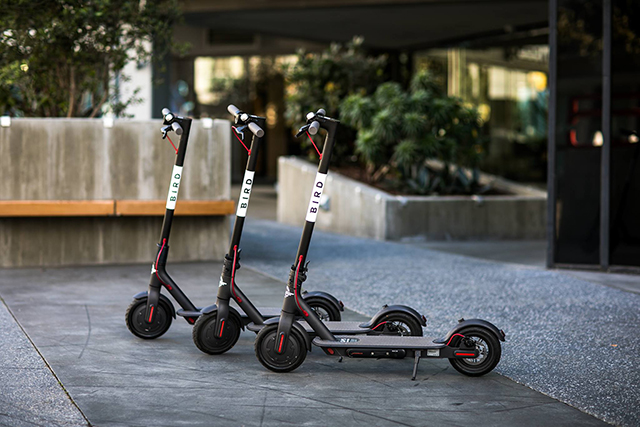Challenger to Watch 2019: Bird
For helping us go car-free
Life moves pretty fast doesn’t it? It just seems like a blink of an eye since we were talking (and worrying) about a bunch of transport disruptor brands flooding in to destroy our workers’ rights and make our journeys oh-so much easier. But here we are again, and this time the future has two wheels…
Bird was founded in September 2017 by Travis VanderZanden, formerly an executive at Lyft and at Uber – and just one year later the scooter share company reached its one millionth ride. This month the company was valued at $2Bn, operates scooters in 100 cities and has over two million unique riders. After ONE year.
The electric scooter boom is a potential transport solution for our congested cities. 40% of car trips in the US are under 3 miles, and the dockless scooters are convenient, cheap, and offer a low carbon, low-effort option for those journeys that don’t justify a car but are too long to walk.
For some people, this might seem a lazy descent into Wall-E style floaty chairs but, if this reduces the number of cars on the road, then perhaps the sidewalks littered with discarded scooters is a price worth paying? Or maybe the safety fears, lack of regulation and legislation for these new vehicles, and objections from local residents should be taken more seriously?
The two main brands currently battling it out for your electric-powered trip to the shop are Bird and Lime (currently in 93 US cities and 17 countries) - but the big guys Uber and Lyft have also entered the market, and new players like Wheels (and Hopr, Razor, Scoot, Skip, Spin, Cloud, Drop and Goin’) are all coming in to take a piece of the ‘shared mobility’ action.
The danger, as with all new categories fuelled by oodles of VC cash, is too much, too soon, too many players, not enough brand difference.
From the consumer standpoint there’s very little to choose from, the brands all look similar, have a similar product and seem pretty interchangeable in terms of messaging (although Bird does lean slightly more into the eco impact). So at the moment, it really comes down to access and distribution – who has the scooters that will be where you need them when you want them.
Credit: Bird
The scooter startups say they have learnt lessons from the collapse of the high profile Chinese bike-sharing unicorn Ofo, but have they really? The massive growth and ‘expand first, ask for permission later’ approach certainly seems familiar from the last tech transport ‘revolution’.
And the backlash has already begun as cities cope with the scooter invasion - after three brands (Bird, Lime and Spin) dropped 4000 scooters practically overnight into San Francisco in March without permission, the city banned scooters outright in August, and only two smaller players Scoot and Skip have been given permits to return for a pilot programme. Santa Monica (the epicentre of the scooter craze) has also issued permits to only a small number of brands - this time to the four main players, Bird, Lime, Lyft and Uber’s Jump.
For new markets, as well as regulation, it may be that the law needs time to catch up. In the UK, where Bird launched in London in November, it’s currently illegal to ride an electric scooter on the pavement or the road – so the only Bird scooters you will find are for the workers commuting through the private land of the Queen Elizabeth Park – essentially a trial to help the company’s lobbying case.
So, will I get the chance to scoot across London Bridge to the office every day? Will the bubble burst and send all those scooters to the tech graveyard? Will people ever stop looking lame riding a scooter? And most importantly when are we getting those floating chairs goddammit?






















